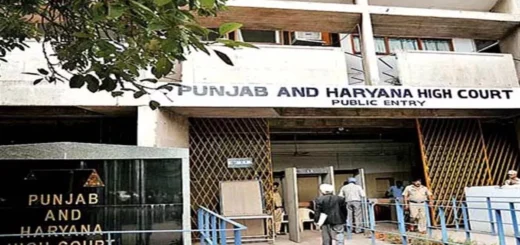The Supreme Court stated that removing the caste column from prison records will not impact the data collection by the NCRB.

The Supreme Court announced today that its order to remove the “caste” column and any caste references from the records of undertrials or convicts in jails will not stop the National Crime Records Bureau (NCRB) from collecting data. This clarification was made by a bench consisting of Chief Justice D Y Chandrachud, Justice J B Pardiwala, and Justice Manoj Misra. In a significant ruling on October 3, the Supreme Court prohibited caste-based discrimination, including the division of manual labor, segregation of barracks, and bias against prisoners from de-notified tribes and habitual offenders, declaring the jail manual rules of 10 states that supported such discrimination as “unconstitutional.” One of the key directives in the ruling was to remove the “caste” column and any caste references from the records of undertrial and convict prisoners in prisons.
Senior Advocate S Muralidhar, representing the petitioner, requested that the court allow the NCRB to continue collecting data without interference from the removal of caste references in their records. Additional Solicitor General Aishwarya Bhati agreed that this might be necessary. When the bench pointed out that the NCRB should have sought clarification from the Supreme Court, Bhati mentioned she had received instructions from the Ministry of Home Affairs to request this from the court. The bench clarified that the direction would not stop the NCRB from collecting data. In its ruling on October 3, the Supreme Court stated that the “right to live with dignity” applies to everyone, including those in prison.
The Centre and states were instructed to update their prison manuals and laws within three months and submit compliance reports to the Supreme Court. The court addressed discriminatory rules in the prison manuals of several states, including Uttar Pradesh and West Bengal, and ruled them invalid. It stated that rules that discriminate against prisoners based on caste, either directly or indirectly, violate Article 14 by creating invalid classifications and undermining equality. This judgment came from a public interest litigation filed by journalist Sukanya Shantha, who highlighted caste-based discrimination in prisons.









